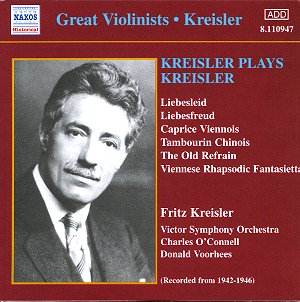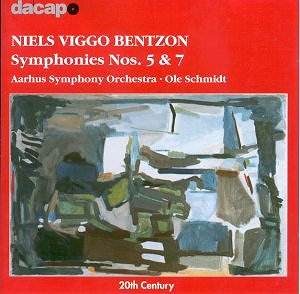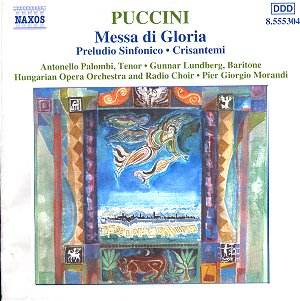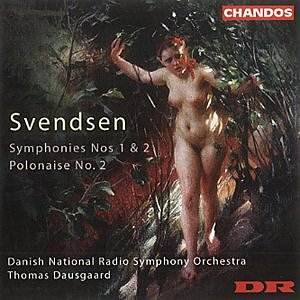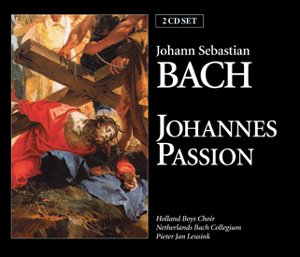 Composer: Johann Sebastian Bach
Composer: Johann Sebastian Bach
Works: St. John Passion
Performers: Marcel Beekman (Tenor, Evangelist), Robert Muuse (Baritone, Christ), Marjon Strijk (Soprano), Bas Ramselaar (Bass), Syste Buwalda (Alto), Martinus Leusink (Tenor), Holland Boys Choir, Netherlands Bach Collegium
Recording: January 2001, Grote Kerk Elburg
Label: Brilliant Classics 99795
The “St. John Passion” stands as one of Bach’s monumental achievements in the realm of sacred music, reflecting the composer’s profound engagement with both the biblical narrative and the emotional depth of human suffering and redemption. Composed in 1724, it presents a stark contrast to the more celebrated “St. Matthew Passion,” offering a more intimate but no less intense portrayal of Christ’s final hours. Jan Pieter Leusink’s interpretation, recorded with the Netherlands Bach Collegium, aims to capture this fervor, emphasizing a brisk tempo and a lively orchestral approach that seeks to invigorate the somewhat austere nature of the work.
Leusink’s energetic conducting injects a vibrancy into the score that is refreshing, although it occasionally veers towards the frenetic. The rhythmic vitality he brings forth is commendable, particularly in the choral sections, where the Holland Boys Choir exhibits a commendable enthusiasm. However, the choir’s overall sound profile is troubling; the higher voices dominate to such an extent that the crucial middle and lower ranges feel underrepresented. This imbalance detracts from the sonic richness that is integral to Bach’s choral writing. The opening movements, which should resonate with a commanding presence, instead emerge as somewhat top-heavy, lacking the necessary depth that a full-bodied choral fabric demands.
Marcel Beekman’s portrayal of the Evangelist is a standout highlight of the recording. His voice conveys the dramatic narrative with clarity and emotional weight, deftly navigating the intricate recitatives with an authenticity that is both compelling and immersive. This quality is crucial, as the role of the Evangelist serves as the expressive conduit of the Passion’s emotional landscape. In contrast, Syste Buwalda’s baritone portrayal, though clear and capable, does not fully engage the listener on an emotional level, which is particularly noticeable in the more reflective moments.
Soprano Marjon Strijk’s contributions are mixed; while she exhibits moments of lyrical beauty, her interpretation of “Zerfleisse, mein Herze” lacks the necessary intensity and force that this poignant aria demands. It is here that the interpretive choices falter, as the emotional weight of the text does not translate into the vocal delivery. The small ensemble’s precision is commendable, yet the overall impact is compromised by these inconsistencies.
From a technical standpoint, the recording quality is generally good, capturing the nuances of the small orchestra. However, the acoustics of the Grote Kerk Elburg seem to favor the higher frequencies, which exacerbates the aforementioned imbalance in the choir’s sound. The engineering decisions could benefit from a more nuanced approach to balance, allowing for a richer choral texture that is often present in more celebrated recordings, such as those by Masaaki Suzuki on BIS, which offers a more satisfying blend of vocal and instrumental forces.
This recording of Bach’s “St. John Passion,” while commendable for its energy and the notable performance of Beekman, ultimately leaves the listener wanting in terms of choral depth and interpretive consistency. It serves as an accessible entry point into Bach’s sacred repertoire, particularly for those drawn by the budget-friendly nature of the release. However, for aficionados seeking a more profound emotional experience and choral richness, other interpretations, such as Suzuki’s, may prove more fulfilling. The recording, while good, does not quite ascend to the heights that Bach’s masterwork deserves.
